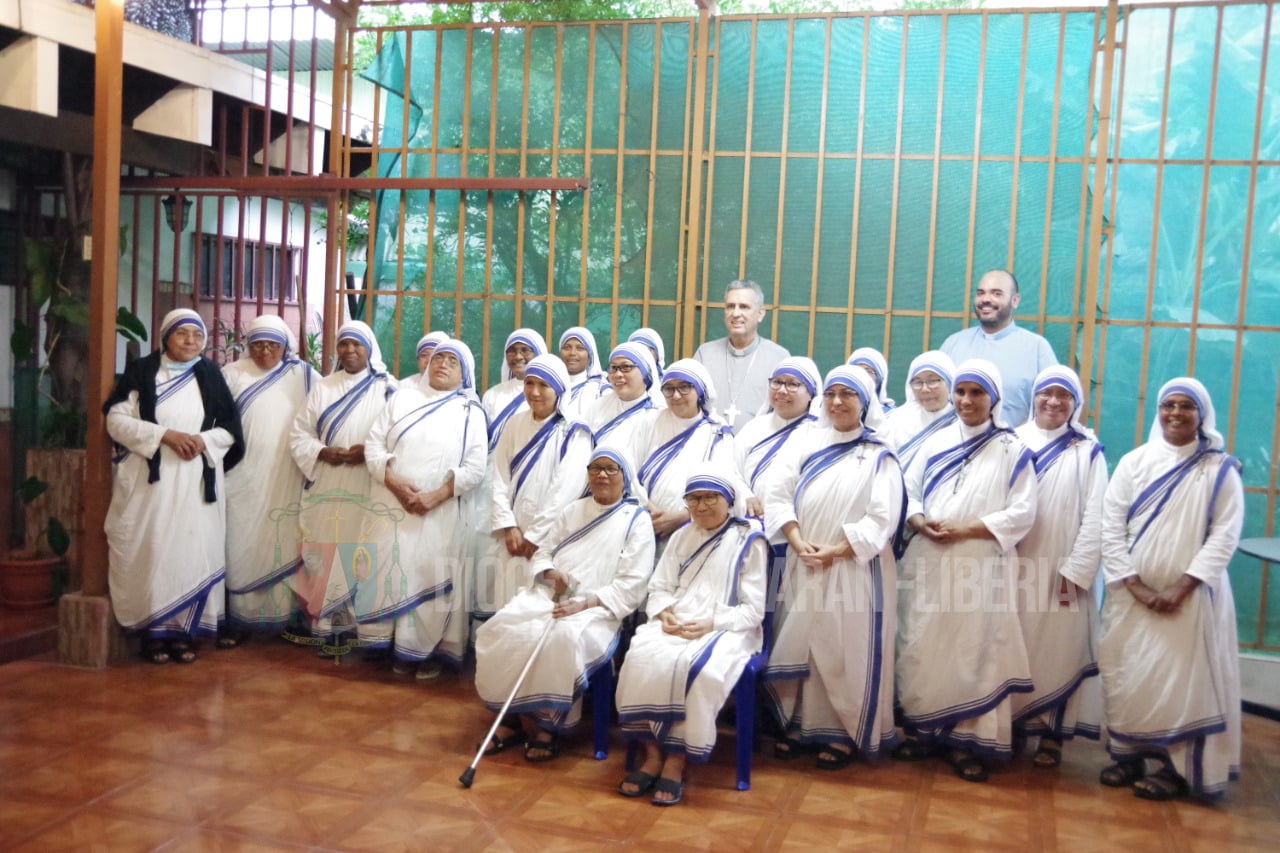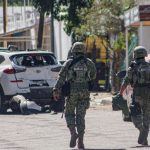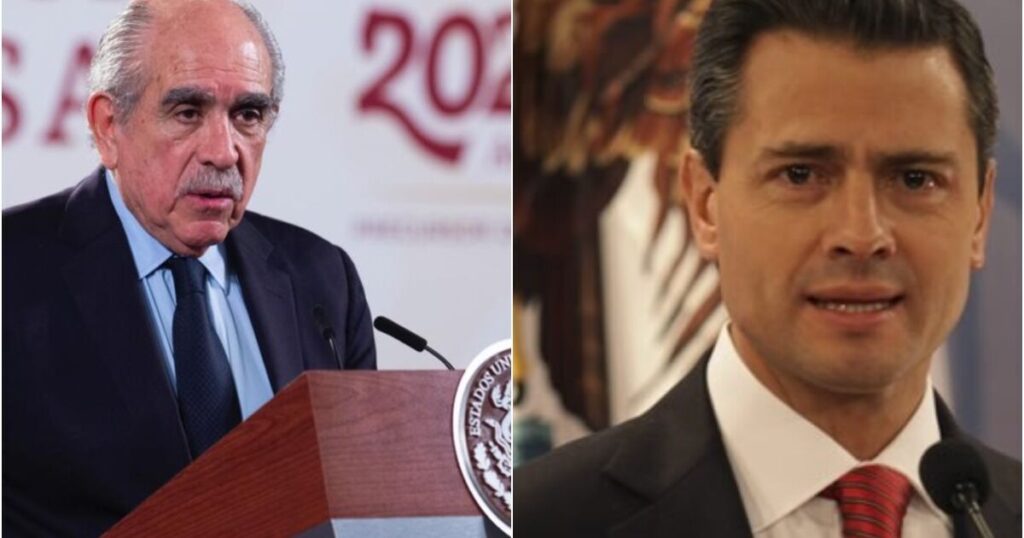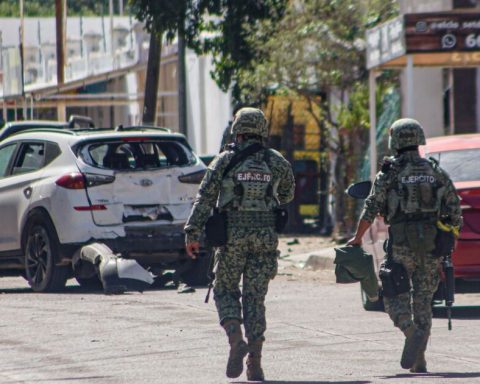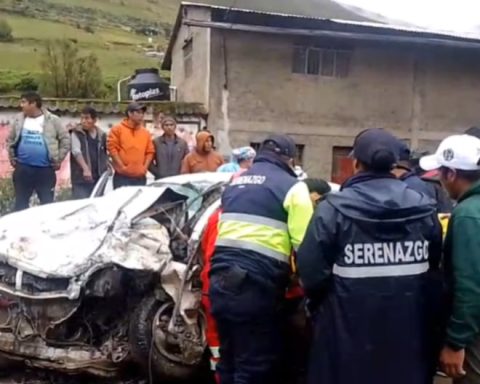The Missionaries of Charity who were expelled from Nicaragua on July 6 lamented what happened in this country; They thanked the Nicaraguan people who were aware of their situation and indicated that their spirit will always be with those most in need.
“When we are expelled from Nicaragua, a deep pain invades us, having to leave the most needy people and the Marian people,” lamented Sister Agnesita, who spoke on behalf of the group at the conclusion of a mass celebrated by Archbishop José Rafael Quirós. from San Jose, Costa Rica.
The nun explained that, before being expelled by the regime of Daniel Ortega and Rosario Murillo, they served two religious communities in Managua and one in Granada.
In Managua, the religious congregation ran a home for the elderly, a nursery and a dining room for the most disadvantaged. “We also assisted 135 families with a basic monthly food basket, spiritual accompaniment and catechesis. Helping neighboring parishes”, specified the nun.
In Granada, the religious congregation cared for “young people and children with limited economic resources”, providing them with “a space for other children in need of school reinforcement”. In addition, they had a soup kitchen for the most needy and —as in Managua— they delivered basic food baskets to poor families.
The religious congregation also He delivered medicines to the most needy, provided economic support to university students with limited economic resources and visited those deprived of liberty.
“We want to express our gratitude to all those who never left us alone and were divine providence for us. Volunteers, benefactors, priests, who have always been attentive to our spiritual and material needs, being for us the strength and support in this situation of pain and uncertainty… We know that our spirit will always be with you in Nicaragua,” he said.
leaving the country
Last Wednesday, 18 Missionaries of Charity, an order founded by Mother Teresa of Calcutta, were forced to leave Nicaragua and transferred from Managua and Granada to the border with Costa Rica by the General Directorate of Migration and Immigration (DGME) and the Police. .
Of the 18 missionaries, seven are from India, two from Mexico, one from Spain, two from Guatemala, one from Ecuador, one from Vietnam, two from the Philippines and two Nicaraguans.
The Archbishop of San José welcomed the nuns and stated that he remains in “prayer” for the Catholic Church in Nicaragua, before the persecution of the Ortega regime.
“We have been receiving information and we have been very close in prayer and we continue to pray for Nicaragua,” Monsignor Quirós responded to questions from the media.
The expulsion of the Missionaries of Charity had already been warned since June 28, when the National Assembly – dominated by the Sandinista Front – canceled the legal personality of their association. From that day on, the nuns remained under police surveillance.
Last July 4th, the Cardinal Leopoldo Brenes lamented the closure and dissolution of the Association Missionaries of Charity. “We deeply regret the pain of so many of our brothers who will no longer have the attention they received from the sisters,” Cardinal Brenes said in a public statement.
Brenes, also archbishop of the archdiocese of Managua, stressed that “the foundation of the Missionary Sisters of Charity of Santa Teresa de Calcutta” provided assistance “to the poorest of our Nicaraguan society.”
The regime’s arguments
Although the cancellation of the legal status of the Missionaries of Charity Association is part of a crusade by the regime against Non-Profit Organizations (NPOs), which has left nearly 800 organizations canceled so far this year, a A report from the Ministry of the Interior (Migob) indicates that the Missionaries of Charity “has failed to comply” with its obligations under the law.
The Government maintained that the Missionaries of Charity are not accredited by the Ministry of Family to function as a nursery, child development center or girls’ home or nursing home, nor do they have permission from the Ministry of Education to carry out learning reinforcement.
In addition, it affirms that they did not report fixed assets, and the activities of its headquarters in the city of Granada, located in the southwest of the country, were not communicated: girls’ home, dining room, nursery and learning reinforcement. However, these activities were known to the Government, which was even highlighted through a report published in an official media, in August 2016, in the context of the canonization of the founder of the Order.
The Migob points out that the balances of income from donations do not coincide with those reported in the reports presented, and they do not present formal accounting of their assets with generally accepted accounting systems, according to official information.
Another reason to dissolve that NGO, alleged the Government, is that the board of directors is made up solely of citizens of other nationalities, and the new law that regulates them —Law 1115—, in force for two months, establishes that only 25% of the people who make up the board may be foreigners.
